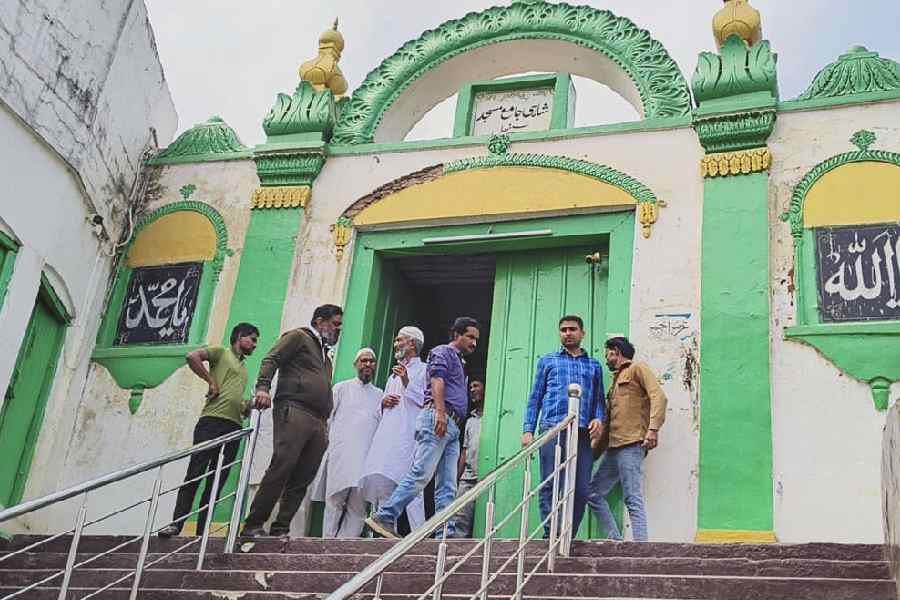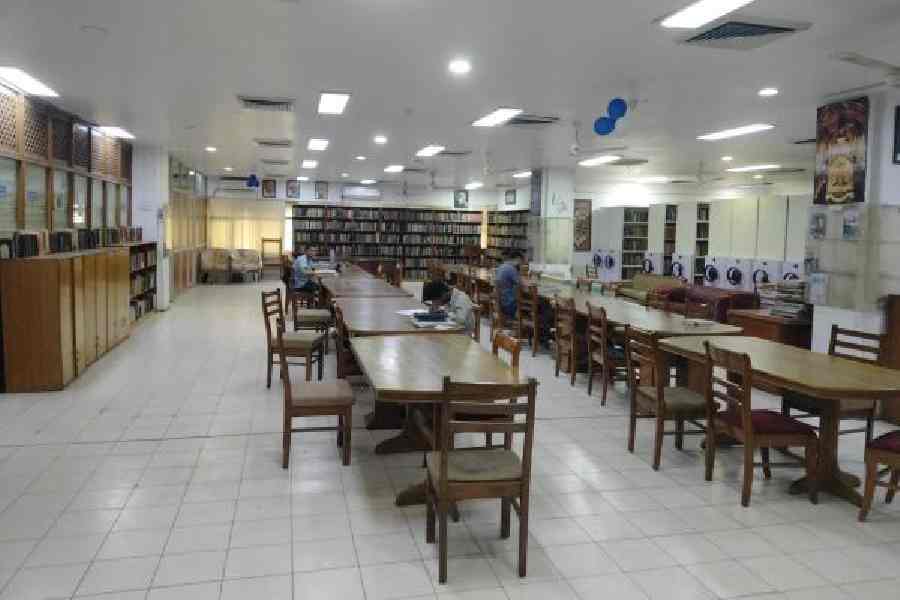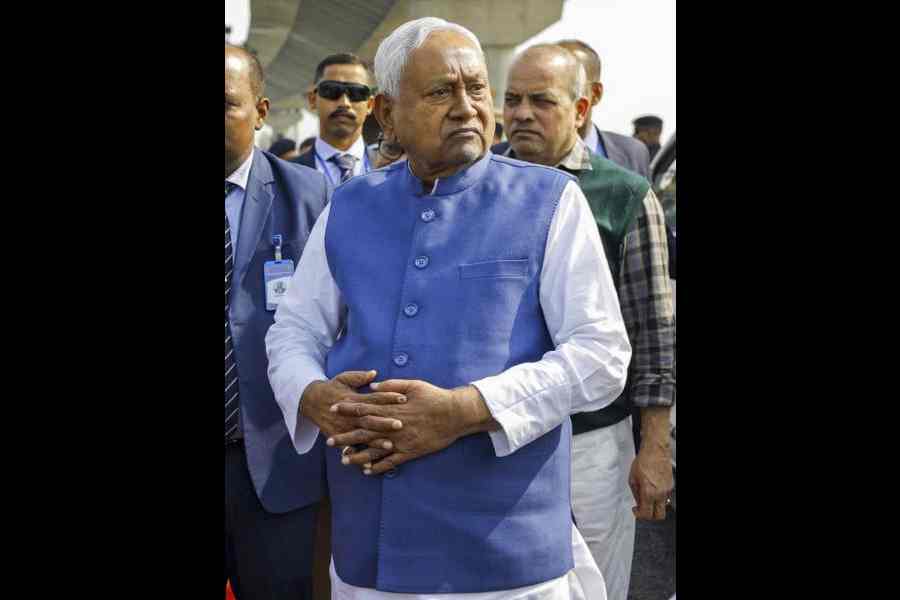Darjeeling, June 2: Politics in the hills, which is already mired in confusion, has turned murkier, following the disclosure of the contents of the letter submitted by Subash Ghisingh to Ram Surat Singh, the chairperson of the National Commission for Backward Classes yesterday.
Though the GNLF had earlier claimed that the hills had categorically rejected the special provision under Article 371 (J) as the alternative to the council, the party now maintains that ?the people of Darjeeling district are shouting for a separate state of Gorkhaland under Article 371 (J)?, or else, ?Darjeeling district? be given Sixth Schedule status.
The confusion stems from the fact that the GNLF demand for a separate state under this provision is not constitutionally valid. The Indian Constitution has spelled out the criteria for creating a separate state in Part I, more specifically under Article 3, of the Indian Constitution. Importantly, Part XXI of the Indian Constitution, which encompasses Article 369 to Article 392, is for ?temporary, transitional and special provisions?. The GNLF?s demand for statehood under Article 371, therefore, does not stand.
Madan Tamang, the chairman of the PDF, maintained Ghisingh was trying to confuse the people.
?The GNLF is talking of Scheduled Tribe status with the chairman of the Backward Classes Commission. ?Backward? are those who are economically, educationally or socially deprived, but to be a Scheduled Caste or Tribe, you will have to fulfil other criteria,? he said.
Observers feel the GNLF demand for tribal status is ?political?, the motive of which is to get Sixth Schedule status for the hills.
In the letter submitted to the chairman, Ghisingh states: ?If the Central government and the government of West Bengal agree to create a separate state of Gorkhaland under Article 371 (J), then the conversion of Other Backward Classes into Scheduled Tribes is not necessary?.
Ghisingh, while pointing to the alleged injustice meted out to the people of the hills by the Indian government, said in the letter: ?Earlier the said district was temporarily kept under the charge of Sikkim. Thereafter (it was) shifted to Bihar and again shifted to East Bengal (present Bangladesh) and further in 1946, the British government wanted to return it back to Nepal, but the country (of Nepal) did not respond.?
He claimed the historical background of the ?Garo hills, Khasi-Jaintia hills, Kikir Hills and Naga Hills?, and of Chakmas and other tribes of East Bengal (now Bangladesh) was similar to Darjeeling district and the people living there during the time of British India.
Hence, the demand for Sixth Schedule status.











